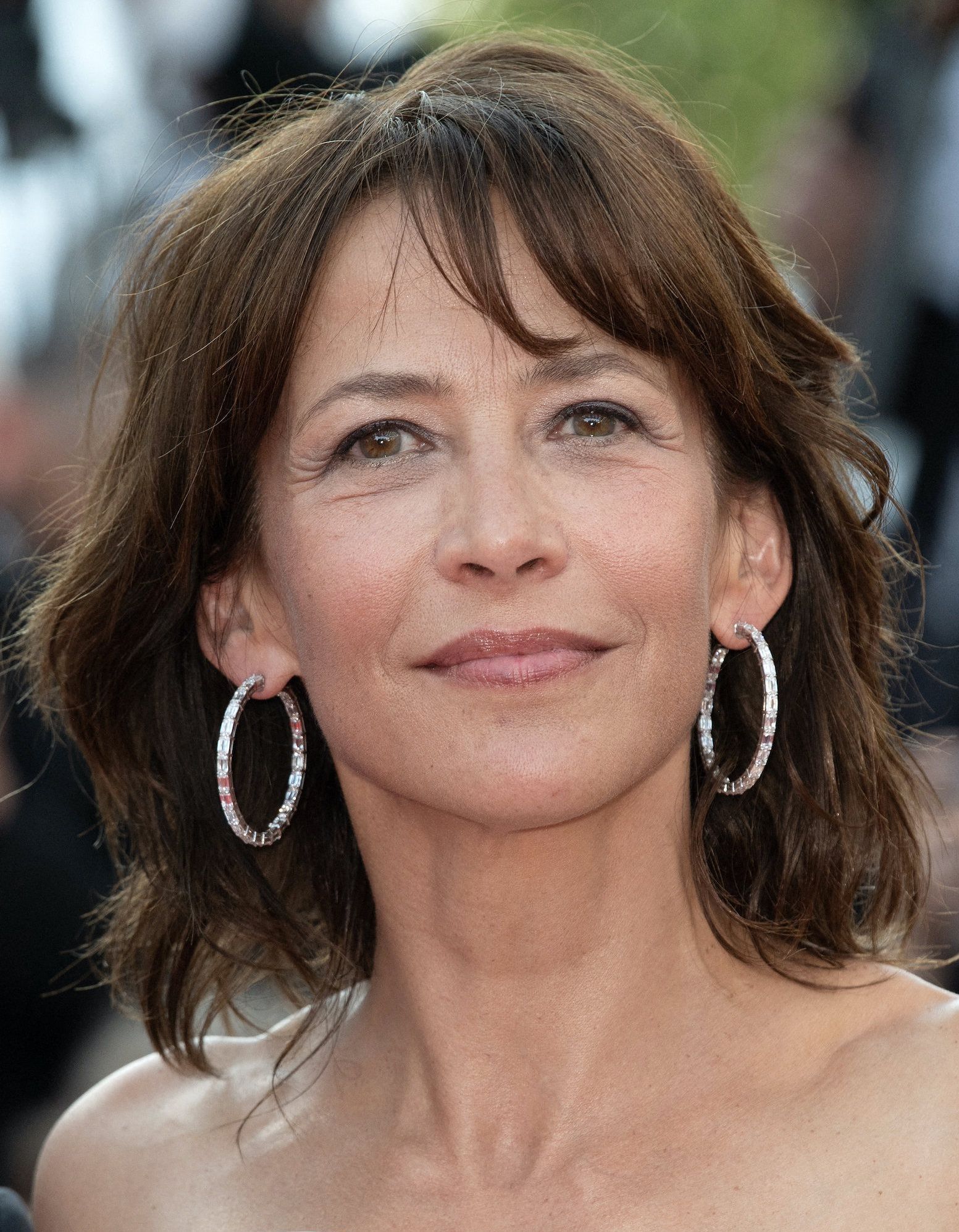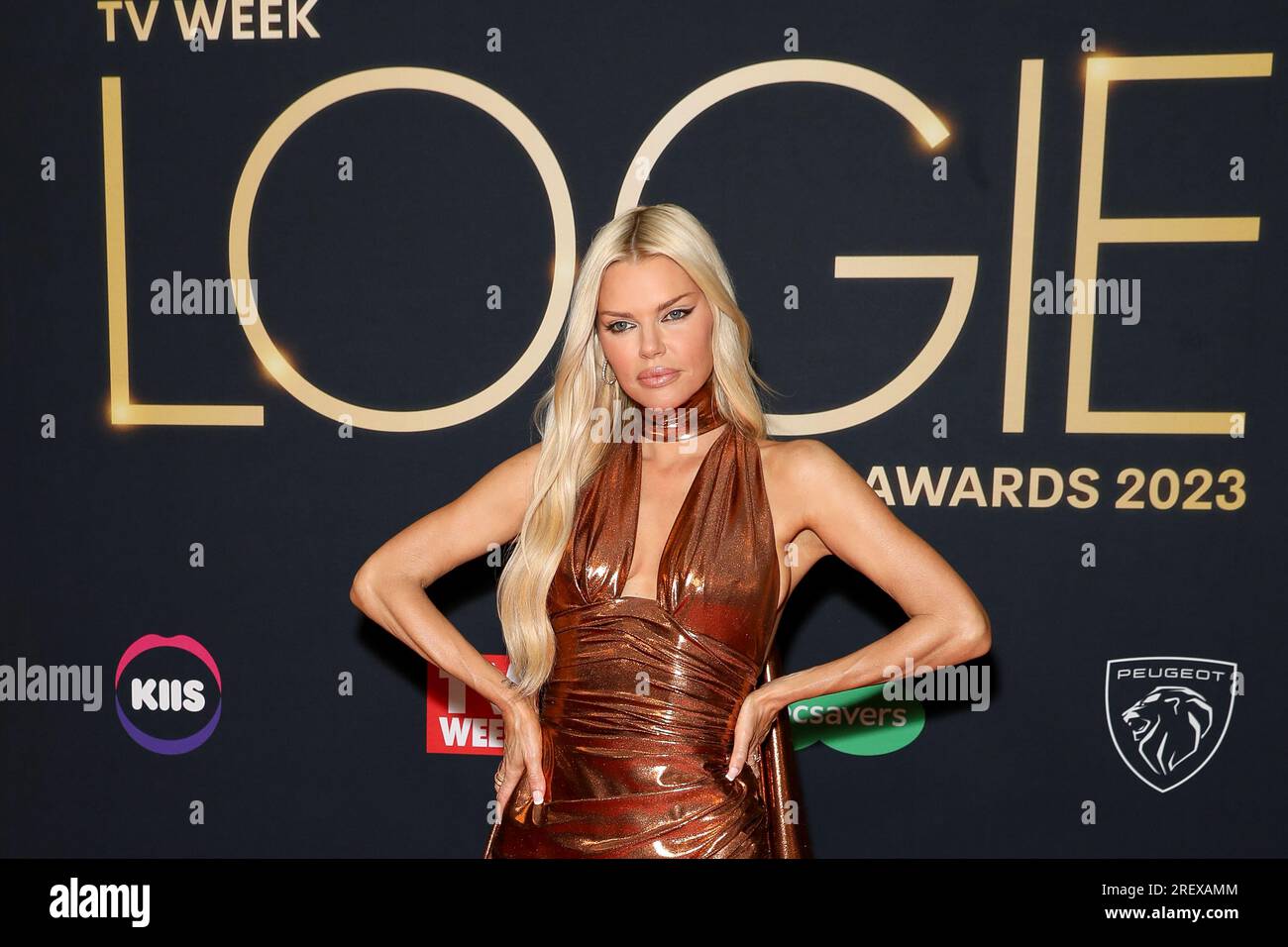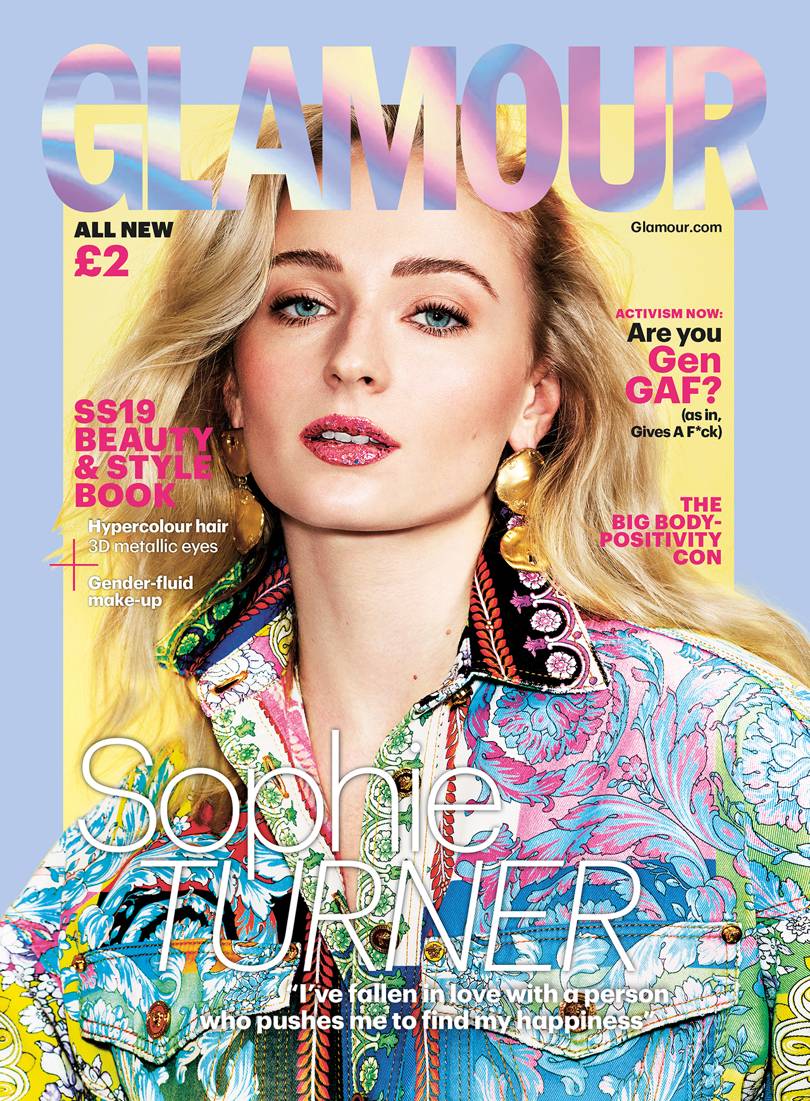Detail Author:
- Name : Carolyn Kautzer
- Username : tbergnaum
- Email : stanton.rafaela@yahoo.com
- Birthdate : 1998-02-02
- Address : 4500 Jacky Avenue Port Andres, MO 82988
- Phone : +18314229753
- Company : Ritchie Inc
- Job : Aircraft Rigging Assembler
- Bio : Explicabo quam sit ullam ut ut nemo. Qui cupiditate aliquam dolorem beatae. Ut eum cupiditate nesciunt rem aut modi.
Socials
tiktok:
- url : https://tiktok.com/@celiagoyette
- username : celiagoyette
- bio : Et deserunt dolor debitis fuga.
- followers : 761
- following : 691
facebook:
- url : https://facebook.com/goyette2024
- username : goyette2024
- bio : Eveniet necessitatibus rem natus qui. Sed ea ut eligendi saepe.
- followers : 6925
- following : 317
linkedin:
- url : https://linkedin.com/in/goyette1980
- username : goyette1980
- bio : In vitae iusto sunt quae ipsa dolorem et quasi.
- followers : 2092
- following : 917
It's almost a given that when a name like "Sophie Mudd leak" pops up online, a lot of people get curious. This kind of search term, you know, often hints at something personal being shared without permission. It definitely makes you wonder about what's out there and why folks are looking for it.
In our very connected world, information spreads so quickly, and sometimes, private details about public figures become topics of discussion. It’s pretty clear that there's a big appetite for news about people in the public eye, and that interest can take many forms.
Yet, when we talk about terms like "Sophie Mudd leak," we're really touching on something quite delicate. It’s a good moment to think about digital privacy, how we get our information, and what it means to be responsible online. It's about more than just a search; it’s about how we treat information and others.
Table of Contents
- The Nature of Online Buzz Around Personal Content
- Understanding Digital Privacy in a Connected World
- The Ethics of Online Searching: What's the Real Impact?
- Safeguarding Your Own Digital Footprint
- Media Literacy and Responsible Consumption
- Frequently Asked Questions About Online Content and Privacy
- Moving Forward with Respect Online
The Nature of Online Buzz Around Personal Content
When phrases like "Sophie Mudd leak" become a topic of search, it really shows how quickly things can gain traction on the internet. People are, you know, quite often drawn to anything that seems a bit exclusive or hidden. This kind of curiosity is a very human thing, after all.
Such search queries, in a way, highlight the speed at which news—or what appears to be news—travels across social media and search engines. It's almost instant, which is both amazing and, sometimes, a bit scary. The sheer volume of searches for these kinds of terms can be quite telling about collective interests.
It's interesting to consider that these online discussions often start from just a whisper or a rumor. Then, they can grow into a really big conversation, sometimes without much factual basis. This phenomenon, in some respects, is a clear example of how digital word-of-mouth works.
We see this sort of pattern with many public figures, actually. Their lives are pretty much open books, and any hint of something private can generate a huge amount of interest. It’s a challenge for anyone who lives their life in the public eye, to be honest.
The internet, it seems, never really forgets anything either. Once something is out there, it tends to stick around for a long time, making it hard to control. This permanence is a key part of what makes these situations so difficult for the people involved.
So, when we look at searches like "Sophie Mudd leak," we're not just seeing a simple query. We're observing a complex interaction between public curiosity, digital spread, and the challenges of personal privacy in a very connected world. It's a snapshot of how information flows today.
Understanding Digital Privacy in a Connected World
Digital privacy is, arguably, more important than ever right now. Everything we do online, every search, every post, leaves a kind of trail. This trail, you know, can reveal a lot about us, sometimes more than we intend.
For public figures, this challenge is even bigger. Their lives are often under a microscope, and even small details can become big news. It's a tough balance to strike between sharing with fans and keeping personal boundaries intact.
The concept of a "leak" itself implies a breach of trust or security. It means something that was meant to be private somehow got out. This can happen through hacking, accidental sharing, or even malicious intent. It’s a serious issue, pretty much.
It's worth remembering that everyone, famous or not, has a right to their privacy. That's a fundamental idea, after all. Just because someone is well-known doesn't mean their personal life is fair game for everyone to look at.
Think about your own online presence for a moment. What would it feel like if your private moments were suddenly public? It's a pretty uncomfortable thought, isn't it? That feeling helps us understand what others might go through.
Protecting personal information online involves many layers. It means using strong passwords, being careful about what we share, and understanding the privacy settings on our accounts. These are basic steps, yet very important.
Moreover, it involves being aware of phishing attempts and suspicious links. Cybercriminals are always looking for ways to get access to private data. Staying alert is a good way to keep your information safe, you know.
The digital world is always changing, so keeping up with the best ways to protect your privacy is a continuous process. What was safe last year might not be as secure today. It’s a bit of an ongoing learning experience.
The Ethics of Online Searching: What's the Real Impact?
When you type a search term like "Sophie Mudd leak" into a search bar, it's worth pausing to think about what you're actually doing. Is that, you know, a respectful thing to search for? It's a question we should all consider.
Every search query, in a way, contributes to trends and the visibility of certain topics. If enough people search for something, it becomes more prominent, which can have real-world effects. It's a collective action, basically.
Consider the person whose name is being searched. How might it feel to have private moments, real or imagined, become a widespread topic of discussion? It could be, you know, quite distressing and upsetting for them.
Supporting sites that host unauthorized personal content, even by just visiting them, can contribute to a harmful cycle. These sites often profit from the very privacy breaches they feature. It’s a problematic business model, honestly.
Instead of seeking out potentially sensitive or unauthorized content, we could choose to support platforms and news sources that prioritize ethical reporting and respect for privacy. This choice makes a difference, really.
It’s about being a responsible digital citizen. That means thinking before we click, sharing, or even just search. Our actions online, as a matter of fact, have consequences, even if they seem small at the time.
We have a chance to help create a more respectful and safer online environment for everyone. This involves choosing to engage with content that uplifts and informs, rather than that which might exploit or harm. It’s a pretty simple idea, actually.
Safeguarding Your Own Digital Footprint
While we're talking about others' privacy, it's a good time to think about your own digital footprint. Every photo you post, every comment you make, and every piece of information you share online adds to it. It’s like a trail, you know, that follows you.
Being mindful of what you share, and with whom, is a primary step. Are your social media profiles set to private? Do you really need to share that personal detail publicly? These are good questions to ask yourself, basically.
Using strong, unique passwords for all your accounts is incredibly important. A password manager can help you keep track of them, making it easier to use different ones for different sites. It’s a smart move, really.
Be careful about clicking on suspicious links or downloading files from unknown sources. These are common ways that malicious software can get onto your devices, putting your information at risk. It’s a common trick, after all.
Regularly review the privacy settings on your social media accounts and other online services. Companies often update these settings, and what was private yesterday might be public today without you realizing it. It’s good to check them often.
Think twice before giving apps or websites access to your location, contacts, or photos. Ask yourself if they truly need that information to function. Sometimes, they ask for more than is necessary, you know.
It's also a good idea to be cautious about public Wi-Fi networks. They can be less secure than your home network, making it easier for others to intercept your data. A virtual private network (VPN) can offer an extra layer of protection if you use public Wi-Fi often.
Finally, remember that once something is online, it can be very difficult to remove completely. So, before you post or share anything, just take a moment to consider if you’d be comfortable with it being public forever. It's a powerful thought, really.
Media Literacy and Responsible Consumption
In a world where information spreads so quickly, being media literate is, you know, a pretty essential skill. It means being able to tell the difference between reliable sources and those that might be spreading misinformation or rumors.
When you see a headline about a "Sophie Mudd leak" or anything similar, it’s good practice to question it. Where is this information coming from? Is the source reputable? Are there other, more credible news outlets reporting on it? These questions help you, basically, sort through things.
Sensational headlines are often designed to grab your attention, but they don't always tell the whole story. They might even be completely made up. It's important not to just accept everything you read at face value, you know.
Consider the motivation behind the content. Is it trying to inform, entertain, or perhaps just generate clicks? Understanding the motive can help you judge the content's trustworthiness. It’s a good way to look at things.
Looking for multiple sources to confirm a story is a really smart habit. If only one obscure website is reporting something, it might not be true. Reputable news organizations usually verify their facts before publishing, after all.
Being a responsible consumer of online content also means thinking about the impact of what you share. Sharing unverified information or private content can cause real harm. It's about being a good digital neighbor, pretty much.
We can all play a part in creating a healthier online environment by choosing to engage with content thoughtfully. This means supporting journalism that upholds ethical standards and respects individual privacy. It’s a shared responsibility, really.
Learning more about online safety on our site can help you make better choices, and you can also link to this page for more insights into digital ethics. These resources are there to help you, you know, navigate the internet more safely.
Frequently Asked Questions About Online Content and Privacy
People often have questions when they come across search terms like "Sophie Mudd leak." Here are some common thoughts that might come up, and some general answers about online content and privacy.
Is it illegal to search for leaked content?
Searching for content itself isn't usually illegal, but accessing or distributing illegally obtained private content certainly can be. Laws vary a bit by place, but generally, sharing or possessing unauthorized private images can have serious legal consequences. It's a pretty clear line, you know, that should not be crossed.
How can I tell if online content is real or fake?
It can be tough to tell, but there are clues. Look for reputable sources that confirm the content. Check if the images or videos seem manipulated using online tools or reverse image searches. Often, if something seems too shocking or unbelievable, it probably is. It's good to be a bit skeptical, basically.
What should I do if my own private content is leaked?
If you find your own private content has been shared without your permission, act quickly. Document everything with screenshots, report it to the platform where it's hosted, and consider contacting law enforcement. There are also organizations that offer support for victims of online privacy breaches. It’s a very difficult situation, but help is available, you know.
Moving Forward with Respect Online
The interest in terms like "Sophie Mudd leak" really brings up some important points about how we all interact with information online. It’s a reminder that the internet, while full of amazing things, also requires us to be thoughtful and considerate. Every click, every search, and every share carries a bit of weight, after all.
Choosing to approach online information with a sense of responsibility helps make the internet a better place for everyone. It means prioritizing respect for others' privacy and seeking out credible, ethical sources. This kind of approach, you know, builds a more positive digital space.
By being more aware of our own digital footprints and understanding the broader implications of online content, we can all contribute to a safer, more respectful online world. It’s about making conscious choices that reflect our values. This is, basically, a continuous effort for all of us.


